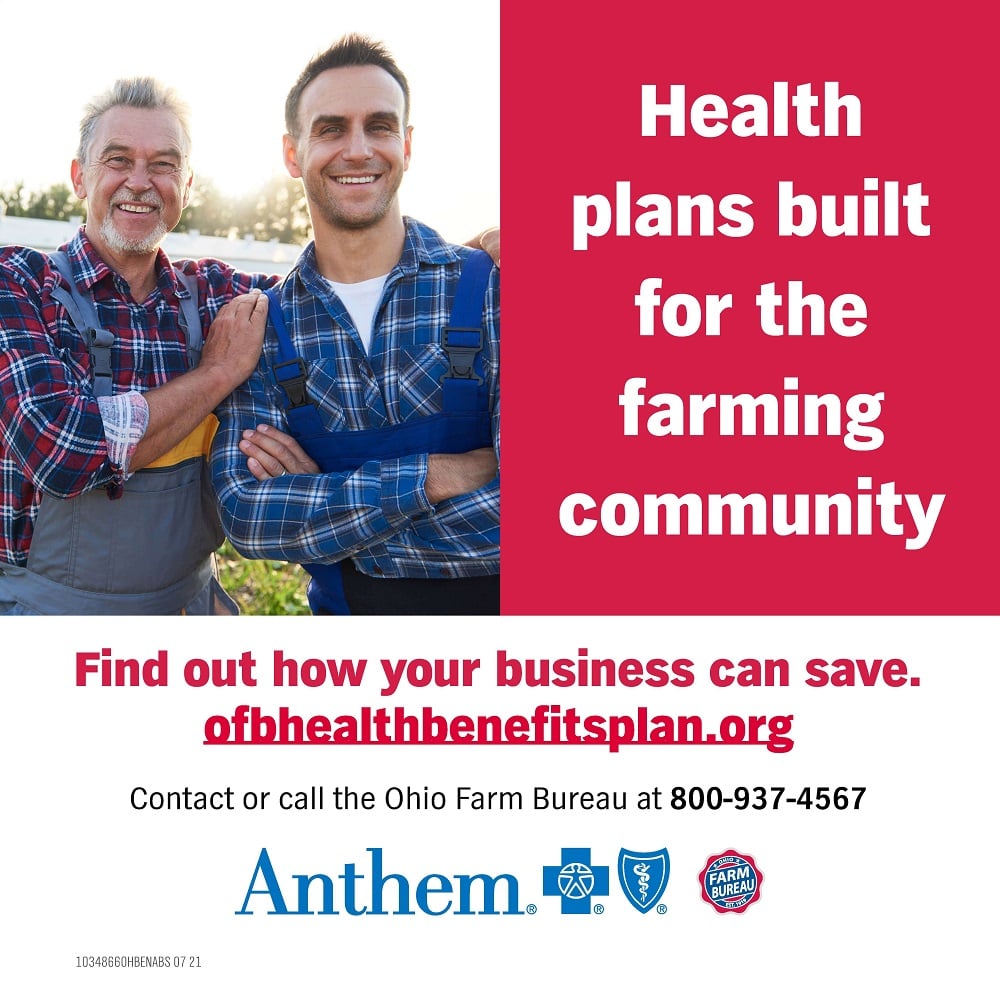Event
Ohio’s Water Resources and Citizens at Risk: Ag-related Practices and Policies
Oct 14, 2014 | 7:00 am - 10:30 am
Date/Time
Date(s) - October 14, 2014
7:00 am - 10:30 am
Location
Categories No Categories
Jeff Reutter, head of the Ohio Sea Grant College Program, will moderate two panels on preventing water crises in the future.
The panels are the focus of an Oct. 14 program called “Ohio’s Water Resources and Citizens at Risk: Ag-related Practices and Policies to Prevent Harmful Algal Blooms, Post-Toledo.” The event is part of a monthly public breakfast series held by the Environmental Professionals Network which is a service of the School of Environment and Natural Resources, part of Ohio State’s College of Food, Agricultural, and Environmental Sciences..
Experts, including Reutter, say phosphorus runoff from farmland is a cause of the harmful algal blooms plaguing Lake Erie and other lakes. In August, toxins from a bloom in western Lake Erie led to a two-day drinking water ban in Toledo.
The event’s first panel will look at the science of reducing phosphorus runoff, including new on-farm practices, technology and equipment. The panelists will be Libby Dayton, research scientist with SENR. Dayton is doing research to revise Ohio’s Phosphorus Risk Index. Farmers use the index to plan their fertilizer applications; Steve Davis, watershed specialist with the U.S. Department of Agriculture’s Natural Resources Conservation Service; Doug Busdecker, area general manager with The Andersons; and Carrie Vollmer-Sanders, director of The Nature Conservancy’s Western Lake Erie Basin Project. President Obama honored Vollmer-Sanders in March for her work with farmers to reduce nutrient runoff into Lake Erie.
The second panel will focus on policy, including possible new laws, rules and outreach for limiting phosphorus runoff. The panelists will be Larry Antosch, senior director of policy development and environmental policy, Ohio Farm Bureau Federation; Kristy Meyer, the Ohio Environmental Council’s managing director of agricultural, health and clean water program; and Tim Haab, chair and professor in CFAES’s Department of Agricultural, Environmental and Development Economics, whose research includes the fields of environmental economics and nonmarket valuation — people’s willingness to pay for public goods such as clean water.
Admission includes a full breakfast and is open to both members and nonmembers of the network. Registration costs $10 or $15, depending on payment method.
Complete details and a link to online registration and payment are online. Payment by credit card is due by 5 p.m. Oct. 10.
For more information, contact David Hanselmann at [email protected] or 614-247-1908.
The Ohio AgriBusiness Association, the Ohio Farm Bureau Federation, and Ohio State’s Office of Energy and Environment and Ohio Water Resources Center are also providing support for the event.
Membership in the Environmental Professionals Network is free and open to anyone working in or studying an environmental field.




